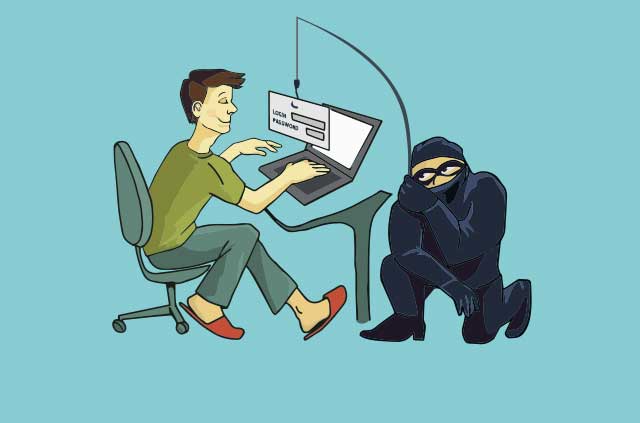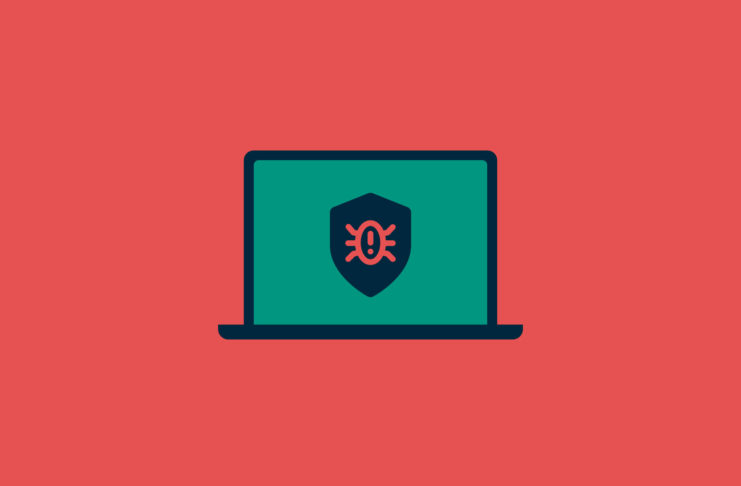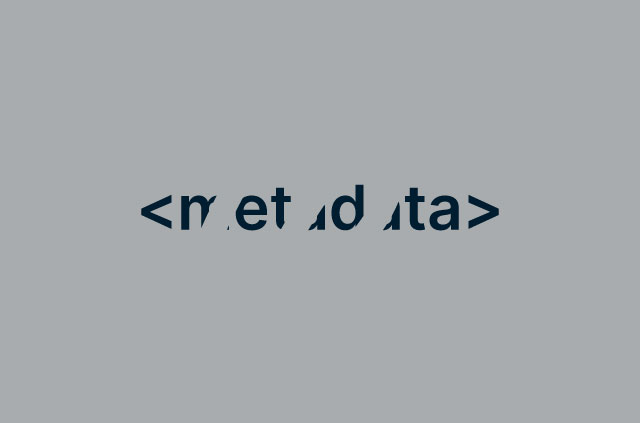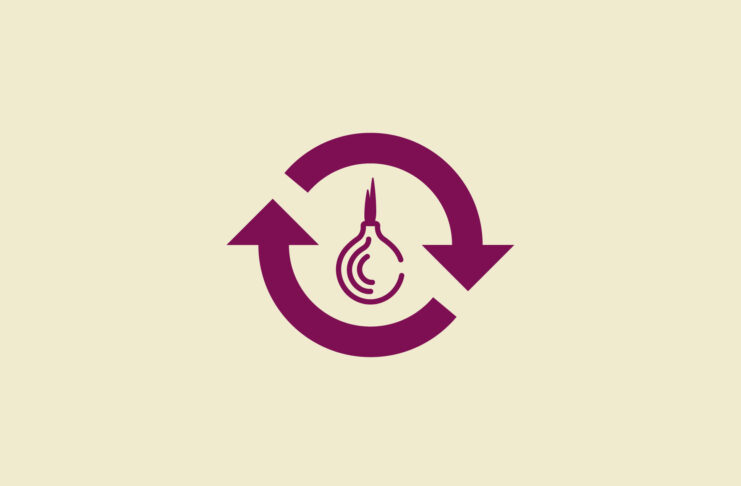How to stop advertisers from tracking your browsing habits
The primary ways of de-anonymizing users on the internet is through the use of cookies and personal information. Web sites...
Internet hacks: Phishing and spearphishing explained
Phishing is a social engineering technique to steal passwords, credit card details, and other information. Learn how to protect yourself.
Ask Lexie! How to fix a hacked MacBook
Hi, I’m Lexie, and I work for ExpressVPN’s security team. ExpressVPN receives lots of emails and comments from users and...
Do I need antivirus on my computer?
Tl;dr: No, antivirus software no longer reliably protects against malware threats. To understand why, read below about the history...
What the Panama Leak means for corruption and privacy
Last Sunday (April 3, 2016) the International Consortium of Investigative Journalists (ICIJ) and the Sueddeutsche Zeitung (SZ) released the...
Internet hacks: Brute-force attacks and how to stop them
A brute-force attack, also called exhaustive key search, is essentially a game of guessing and can be executed against...
How much can metadata reveal? Just ask John McAfee
Metadata can often reveal more about a file than the actual data. A 2012 manhunt illustrates this point. The...
The court case that will define technology and privacy for decades
On December 2, 2015, the married couple Syed Rizwan Farook and Tashfeen Malik shot and killed fourteen people at...
OnionShare: Secure and anonymous file sharing
Our guide shows you how to install and use OnionShare for secure, anonymous file sharing and chats.
Guide to stronger passwords – Part 3 (Diceware)
Diceware uses real dice as a random password generator. Because the passwords are real words, you can actually remember them.












